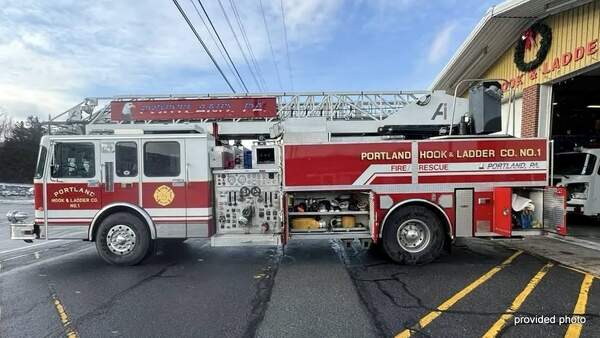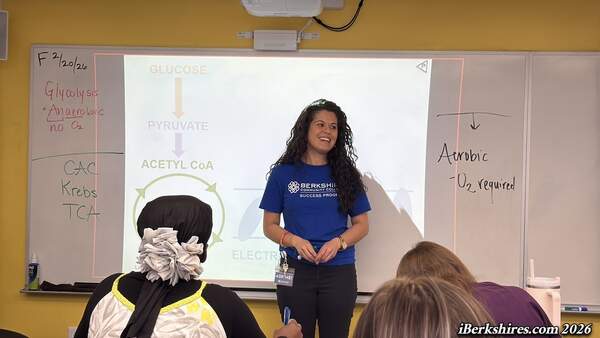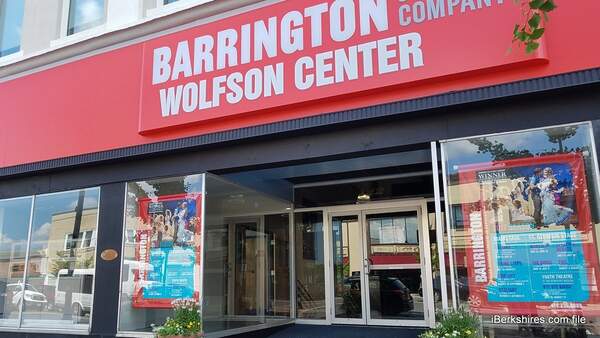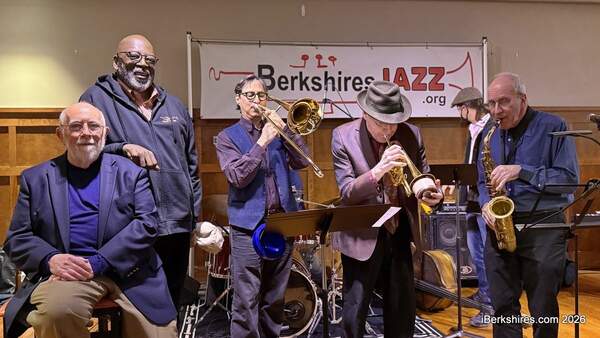Letter: Lenox Planners Should Consider Residents in Cell-Tower Siting Bylaw
 |
To the Editor:
I have been attending meetings in regard to the new wireless zoning bylaw for the last 18 months. As a Lenox resident, the biggest concern is that the new bylaw is not protective of its residents. The new bylaw is industry-friendly and makes it difficult, if not impossible to push back on an application if you find one being proposed for next to, or on your home. The only recourse that was shared with us, if an application is approved, is private litigation.
Private litigation would be against the town and against the telecom company. Hiring an experienced attorney who specializes in fighting inappropriately sited wireless installations is cost prohibited for many, especially elderly, low-income and disabled residents who don't want cellular antennas on the roof of our home at the Curtis.
Private litigation may or may not be more affordable for those on Delafield Drive, whose closest property line is 250 feet from a hypothetically proposed cell tower at the wastewater treatment facility, a site that was identified to offer additional coverage to Lenox Dale.
Well-resourced neighborhoods may be able to afford litigation, whereas less-resourced neighborhoods may be stuck with a cell tower they are not comfortable with.
All residents should be protected. Many of us live in Lenox for the natural beauty, the historic qualities and the peaceful enjoyment of this town. While everyone deserves cell service, we equally deserve to be protected from the blight, real estate devaluation, and RF emissions — which are classified as a pollutant, hazard and environmental toxin.
I acknowledge the work the Planning Board has put into this bylaw revision, but it simply is not written in favor of the residents. Shelburne, Great Barrington, Stockbridge and others have significant setbacks from schools and residences from 800 feet to 3,000 feet.
Lenox must expand setbacks, have comprehensive design standards and re-instate your existing strong purpose statement "to locate towers and antennas so they do not have negative impacts such as, but not limited to, visual blight, attractive nuisance, noise and falling objects, on the general safety, welfare and quality of life of the community" as well as to "preserve property values." These changes would go a long way to making the bylaw balanced for all.
Diane Sheldon
Lenox, Mass.
Tags: cell tower,















